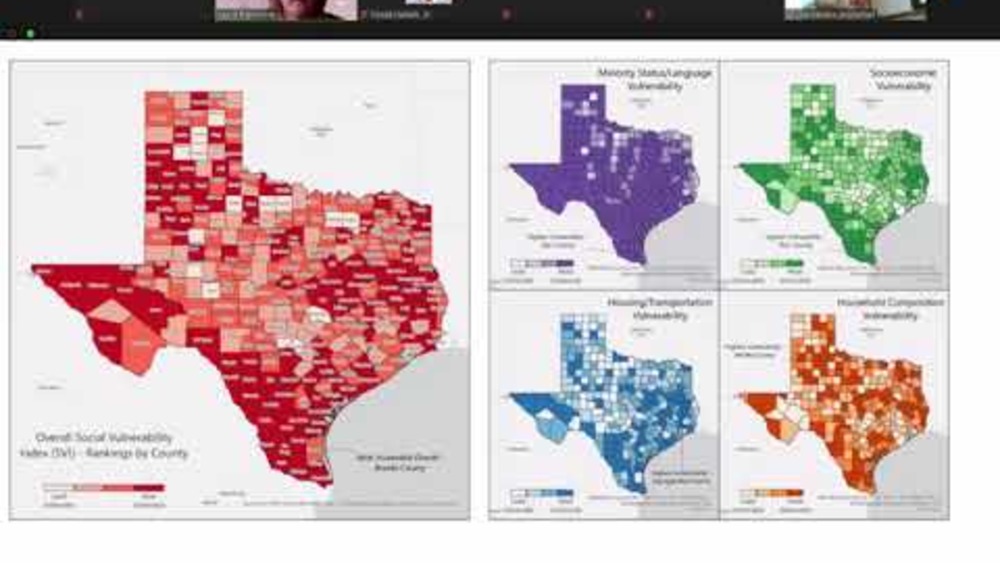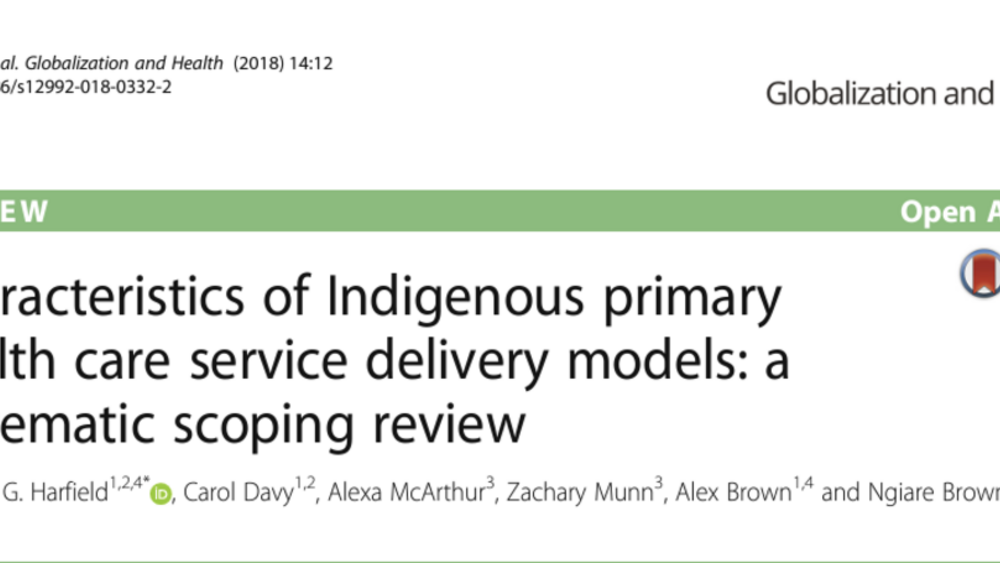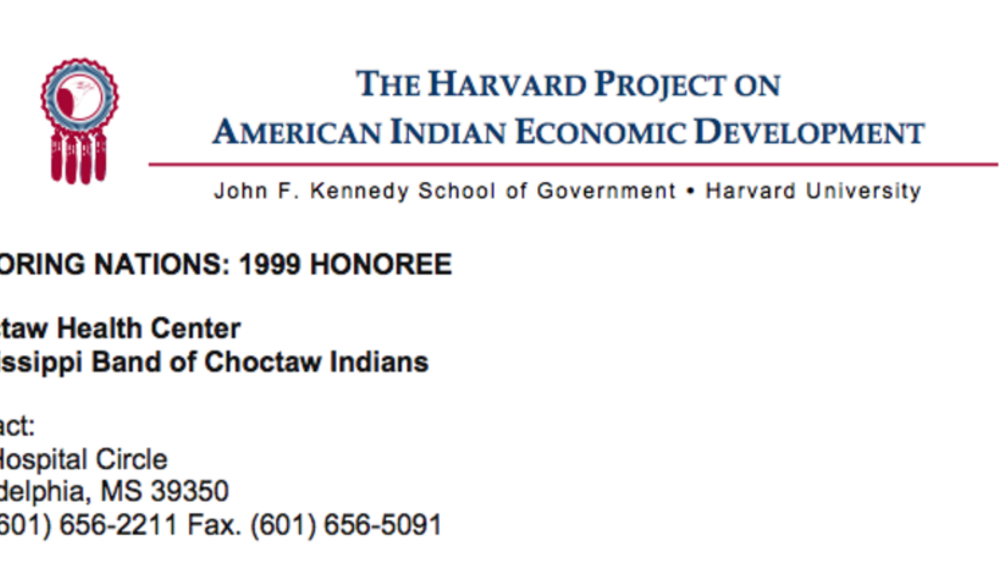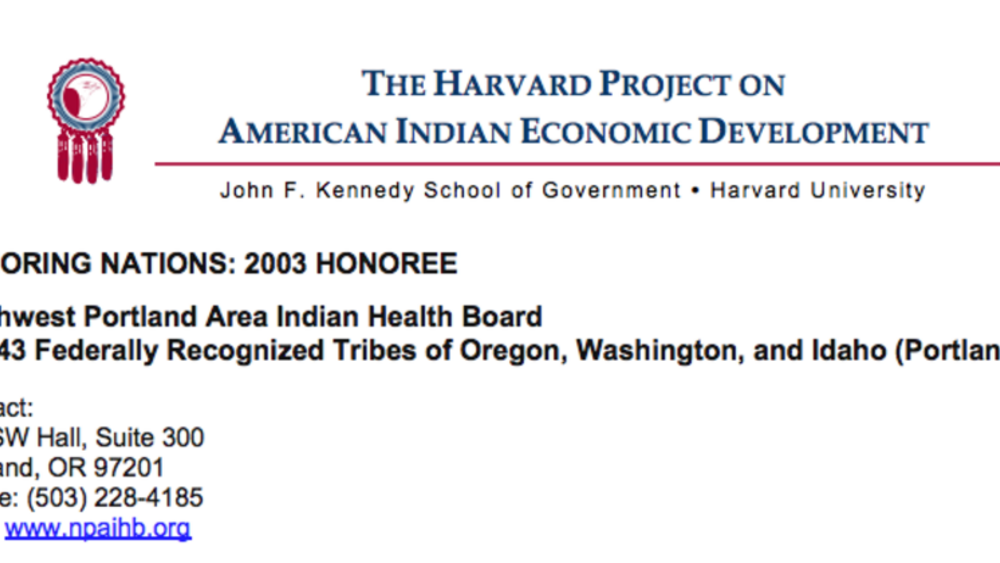Indigenous Governance Database
health care delivery system

FEMA's Interagency Recovery Coordination Speakers Series: "Equity, The Foundation of Resilience"
Produced and hosted by FEMA, this 6-part Speaker Series is organized around the theme ‘Equity, Resilience in Recovery’. The goal of the Speaker Series is to bring people together to exchange information, inspire one another, and generate discussion on equitable strategies that build strong…

Characteristics of Indigenous primary health care service delivery models: a systematic scoping review
Indigenous populations have poorer health outcomes compared to their non-Indigenous counterparts. The evolution of Indigenous primary health care services arose from mainstream health services being unable to adequately meet the needs of Indigenous communities and Indigenous peoples often being…

Choctaw Health Center
After transferring all health care decisions from Indian Health Services to tribal control over a ten-year period, the Band significantly improved its health care delivery system. Its state-of-the-art Health Center provides health and dental care, behavioral health care and community health…

Northwest Portland Area Indian Health Board
Serving tribes in Oregon, Washington, and Idaho, the Northwest Portland Area Indian Health Board (NPAIHB) was created in 1972 to increase tribes’ ability to exercise control over the design and development of tribal health care delivery systems. Governed by tribal government delegates, NPAIHB…
